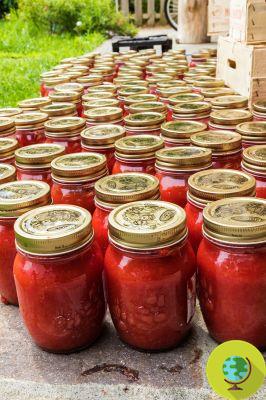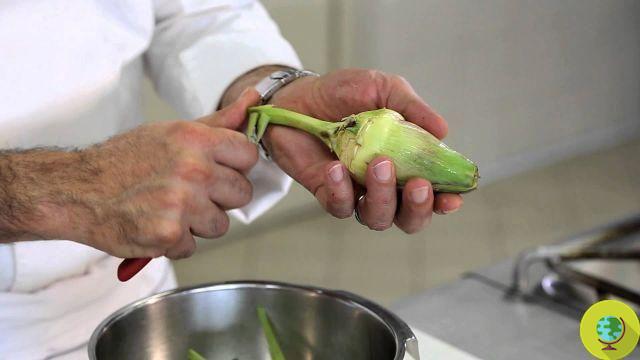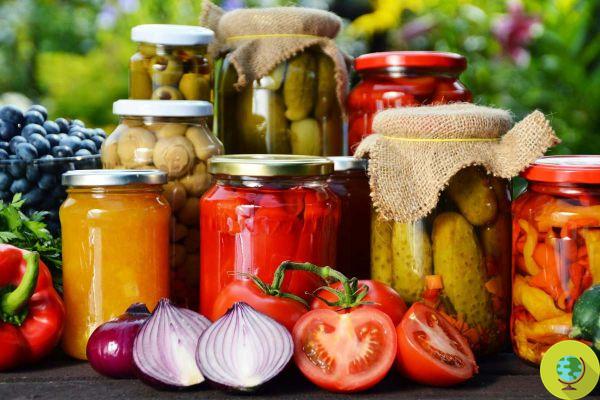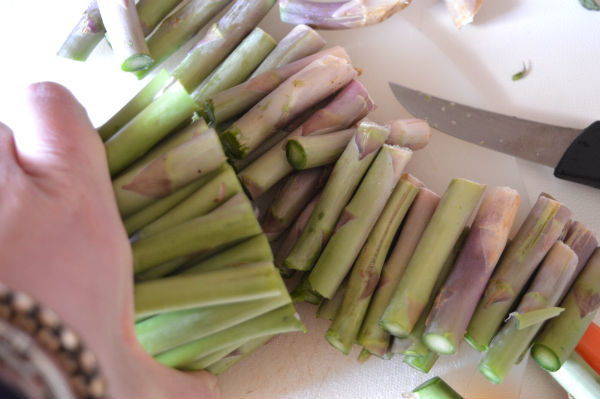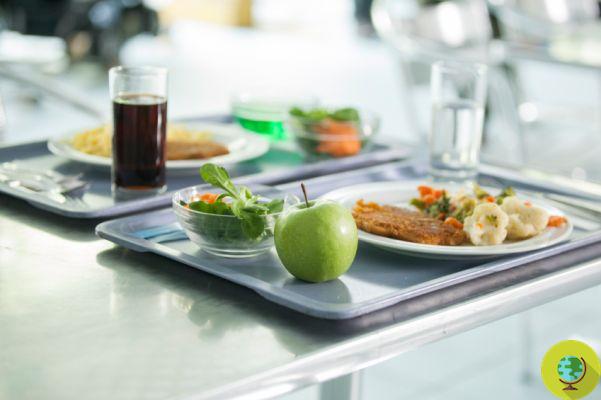
The University of California is intensely committed to making the supply of school canteens on its campuses throughout the country more sustainable. In fact, for some years already the directors of the university refectories have ascertained how a good percentage of students have begun to refuse fast-food and ready-made or poorly-prepared dishes in favor of healthier foods, often organic or zero kilometers.
He is about to end up run over, his mother saves him
The University of California is intensely committed to making its supply more sustainable school canteens of its camps scattered throughout the national territory. In fact, for some years already the directors of the university refectories have ascertained how a good percentage of students have begun to refuse fast-food and ready-made or poorly-prepared dishes in favor of healthier foods, often organic or zero kilometers.
Food is one of the major tools through which American academics approach the subject of environmental sustainability. This interest has triggered improved canteen services across ten California campuses and five medical schools. It includes greater attention to energy efficiency, the reduction of waste produced and the origin of the raw materials used in the kitchen. They are preferred local foods, organic and produced following high quality standards.
The improvement of the offer proposed by the university canteens has turned into a real challenge for the Californian campuses. Following the dictates of the "Real Food Challenge", and respecting the regulation established point by point, the canteens of the institutions concerned must reach the goal of adapting 2020% of their food purchases to the new standards by 20. Purchases must be directed towards food from fair trade, from organic farming, from local realities and from sustainable farms.
The campuses of Santa Cruz, Berkeley, Davis, Santa Barbara and San Diego already passed the 20% mark last year and are aiming to meet the goal of 40% by 2020. The campuses also pledged to limit the amount of food discarded and inevitably thrown in the trash, trying to reduce the standard portions of meals served, which were excessive.
Faced with the new orientation of the Californian canteens, the fast-food chains Americans more linked to university realities, including Domino e Burger King Delivery, could see their private salesmen outclassed. However, it seems that at the moment their reactions have not been striking. Some chains engaged in the supply of ready-to-eat foods have proposed to universities to offer food in biodegradable containers, but the leaders of the new project do not seem to be fully convinced that this change can be considered truly sustainable.
By 2020 almost half of the ingredients used by canteens could therefore come from family-run shops, organic farms, sustainable farms and other local realities, with a decisive brake on ready meals e packaged food or frozen. Really a major change for what has for centuries now been considered the home of take-away and fast-food.
Marta Albè











